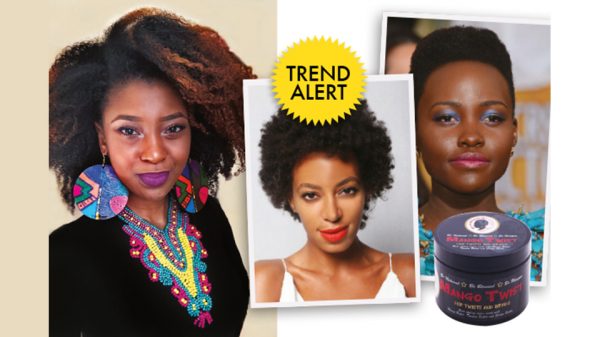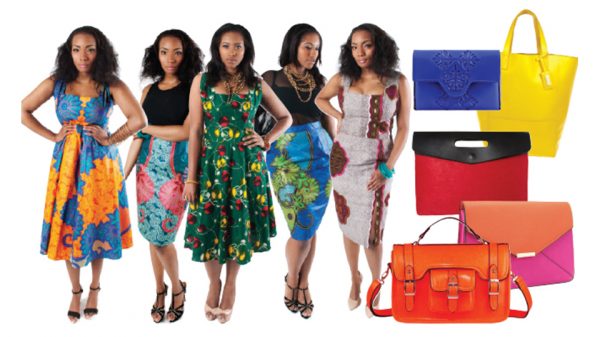Afro hair, with its unique texture and curl pattern, is a testament to the beauty of diversity. Embracing its natural charm requires knowledge and tender loving care. Sometimes styling and taking care of such hair can take a long time and tire. To have a good rest, you can just visit Hellspin Casino. Dive into this guide to ensure your locks always remain beautiful and well-groomed.
The rich, diverse texture of Afro hair is truly something to celebrate. However, its unique characteristics also mean it needs specialized care to maintain its health and shine. With the right techniques and products, you can keep your tresses looking vibrant and strong. Let’s explore how.
Understand Your Hair Type
Afro hair is not a one-size-fits-all. It ranges from wavy to coily, and everything in between. Knowing your specific hair type – whether it’s 3a, 4b, or another classification – will help you choose the right products and establish the best care routine.
Moisturize Regularly
One of the primary concerns with Afro hair is its proneness to dryness. To combat this, invest in a good leave-in conditioner and deep conditioning treatments. Natural oils like coconut oil, jojoba oil, and shea butter can also provide essential hydration.
Gentle Cleansing
Shampoos can strip the hair of its natural oils. Opt for sulfate-free shampoos or consider co-washing (using conditioner to cleanse). This method retains moisture while still ridding the scalp of dirt and excess oil.
Avoid Heat Damage
Frequent use of heat tools can damage the hair structure. If you must use them, always apply a heat protectant. Alternatively, explore heat-free styling methods like twist-outs, braids, or bantu knots to achieve a variety of beautiful looks.
Embrace Protective Styles
Styles like braids, twists, and updos aren’t just trendy; they also protect your hair from environmental damage and reduce the need for daily manipulation. However, remember to not pull too tightly, as this can cause stress on the hairline.
Trim Regularly
Even with the utmost care, hair ends can become split or damaged over time. Regular trims, every 6-8 weeks, can keep your hair healthy and free of split ends.
Limit Chemical Treatments
Chemicals in treatments like relaxers or color can weaken the hair. If you do opt for these, ensure you’re deep conditioning regularly and giving your hair time to recover between treatments.
Use a Satin or Silk Scarf
Cotton pillowcases can absorb the moisture from your hair and cause breakage. Instead, wrap your hair in a silk or satin scarf at night, or use a silk/satin pillowcase. This helps in reducing friction and retaining moisture.
Don’t Neglect Your Scalp
A healthy scalp is the foundation of healthy hair. Massage your scalp regularly to stimulate blood circulation. Use light oils like jojoba or almond oil if you notice dryness.
Stay Hydrated and Eat Well
Your hair’s health reflects your overall health. Drink plenty of water and maintain a balanced diet rich in protein, vitamins, and minerals. Foods like salmon, nuts, berries, and spinach can boost hair health.
Listen to Your Hair
Pay attention to how your hair reacts to different products and treatments. What works for one person might not work for another. Tailor your routine to what your hair specifically needs.
Be Gentle
Afro hair can be fragile. When detangling, use a wide-toothed comb and start from the ends, working your way up. Always handle with care to reduce breakage.
Conclusion
Caring for Afro hair can seem like a journey, but it’s one filled with discovery and appreciation for the beauty of your natural texture. With patience and consistent care, you can ensure your locks are always in their best state, radiating health and beauty. Embrace the journey, and let your hair tell its own beautiful story.

































































